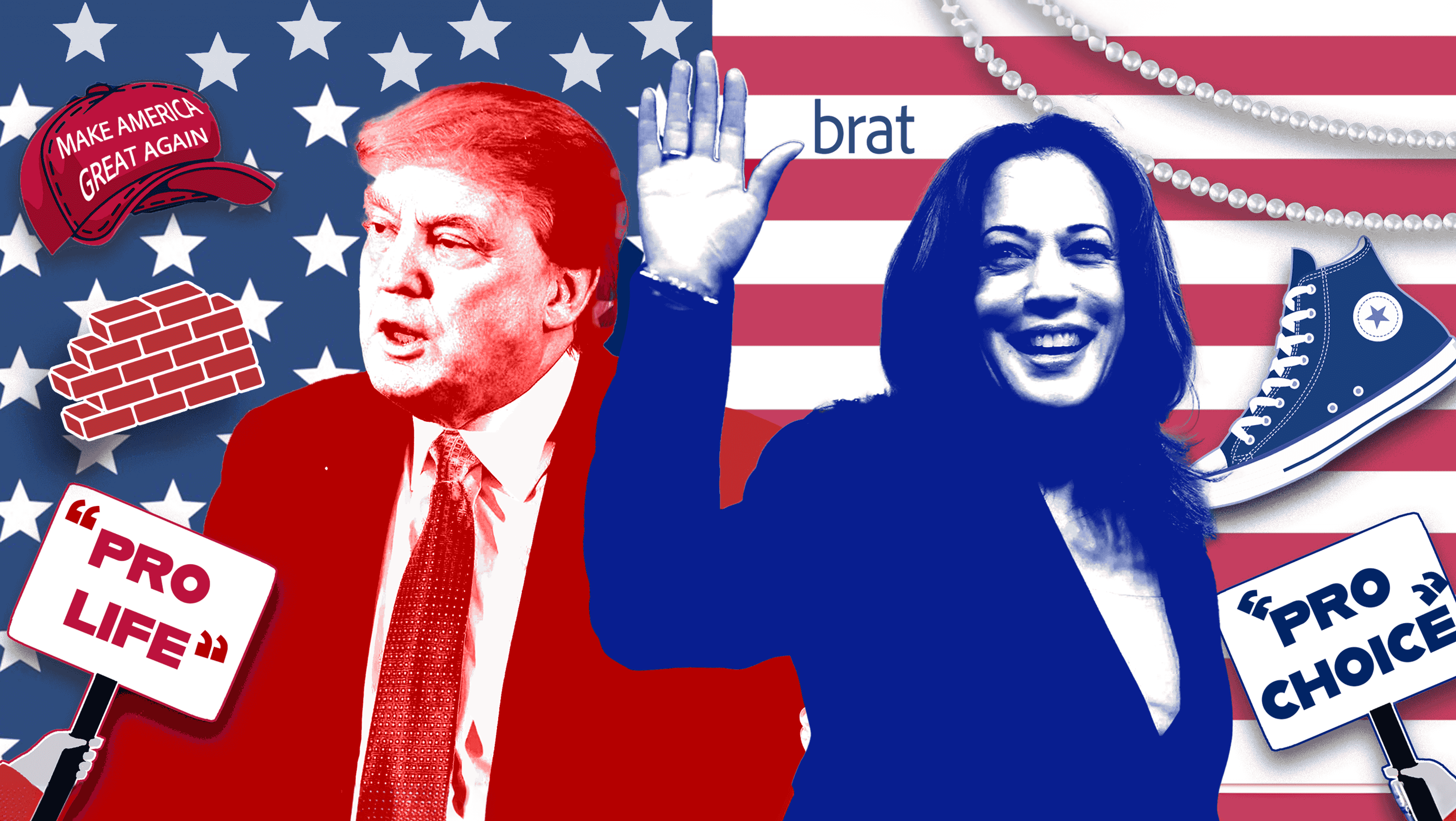Gen Z faces political crossroads: Will their votes shape the 2024 election?
Gen Z's impact on the 2024 election hangs in the balance. With 40 million eligible voters, their stance on climate change, reproductive rights, and gun violence could tip the scales—if they turn out.
As the 2024 U.S. presidential election approaches, Generation Z (Gen Z) is emerging as a pivotal voting bloc with the potential to significantly impact the Nov. 5 outcome. The question is: Will they turn out?
Gen Z now comprises more than 40 million eligible voters, including 8 million first-time voters.
According to Columbia University, Gen Z makes up one-fifth of the electorate. In the battleground states of Michigan, Pennsylvania, Wisconsin, Nevada, Georgia, Arizona, New Hampshire, North Carolina and Minnesota, their votes could be pivotal.
However, while Gen Z can potentially be a powerful force in the 2024 election, a sense of disillusionment with the political system could impact voter turnout.
Some in Gen Z feel that the current political landscape does not adequately address their needs, leading to a rise in support of “protest non-voting.”
Columbia University also reports that some members of Gen Z are choosing to deliberately abstain from the electoral process this election as a form of protest against what they view as a broken system.
Freshman art major Avery Johnson, a registered voter, says he will not be voting for president.
“I will be [voting], but not for president. When it comes to the electoral college, my individual vote is to get to tell our college which one we want to vote for, and me personally, I don’t want to vote for either one, so I think my voice is going to be more heard by not voting for president,” Johnson said.
For those who do choose to vote, key issues like climate change, reproductive rights, gun violence and economic concerns drive Gen Z as a whole.
Research by political scientist Robert Shapiro published in Columbia Magazine, found that climate change is a significant factor when deciding which candidate to support.
Reproductive rights are another major factor shaping Gen Z’s political beliefs.
Since the Supreme Court overturned Roe v. Wade in 2022, concerns about abortion access and bodily autonomy have skyrocketed. Many Gen Z voters, particularly women, are motivated to protect reproductive rights and support candidates who will safeguard them.
Freshman communication disorders major Kat Sept said she is being driven to vote based on issues related to women's rights, birth control and abortion.
“I am a woman. I don't want my rights taken away. I think it’s very important to keep politicians' hands off our bodies,” Sept said.
According to the Pew Research Center, 76% of voters under the age of 30 believe abortion should be legal in all or most cases and 64%of women support legal abortion.
Gun violence is another pressing issue for Gen Z. An article by Columbia University states that gun control measures resonate deeply with this demographic.
Growing up amid frequent school shootings, Gen Z has faced this threat firsthand. A study by Everytown for Gun Safety found that from 2013-2021, during most of Gen Z’s school years, there were 848 incidents of gunfire on school grounds in the U.S.
Sept said that she believes it is important to have regulations for guns with all of the school shootings that have occurred in recent years.
Economic concerns, particularly inflation, job security and housing affordability also drive Gen Z’s beliefs.
Many are entering adulthood during a time of economic uncertainty. A study by CNBC found that 87% of Gen Z adults are unable to afford a home due to the current housing market.
In addition, 31% of Gen Z adults live with their parents because they cannot afford to rent or buy their own space.
These priorities set Gen Z apart from older generations and could lead to noteworthy shifts in the political landscape, particularly in battleground states.
One unique aspect of Gen Z’s political engagement is the pronounced gender divide.
Polling data from USA Today shows that 40% of Gen Z women identify as liberal, compared to 25% of Gen Z men. Meanwhile, 29% of Gen Z men identify as conservative.
The gender gap extends beyond voting habits and into interpersonal relationships.
The same study found that over 70% of Gen Z Democratic voters would not date or befriend someone with opposing political views.
Freshman psychology major Allie Duval said she aligns with that mindset.
“With Gen Z it feels much more divisive than like say millennials or something. It's like you are either one way or the other, and the other side does not like you and I am not any better than that I am the same way,” Duval said.
Women, in particular, are more likely to prioritize political alignment in friendships and romantic relationships. According to the study, 59% of women from both parties would not date or befriend someone with opposing voting preferences.
As Gen Z faces these critical issues, their votes could shape the future of the country - if they decide to show up at the polls.







